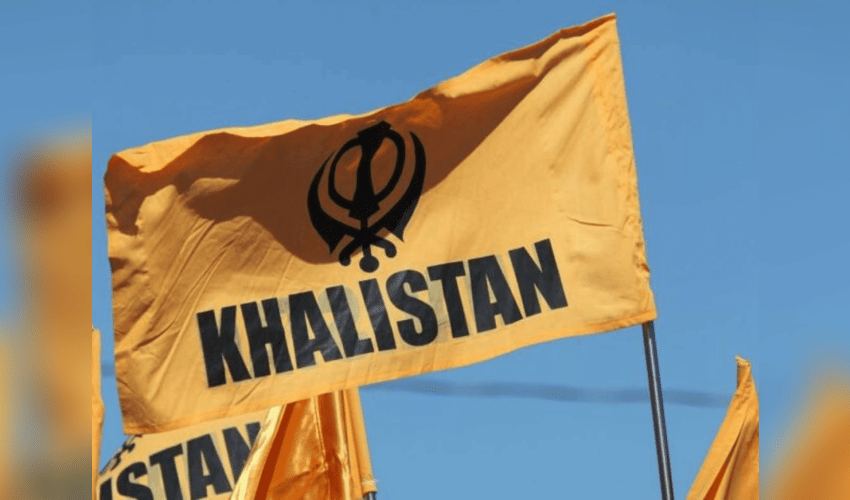World
Khalistan machinery in North America more intricate and troubling: Report
Published On Thu, 27 Nov 2025
Asian Horizan Network
0 Views

Tel Aviv, Nov 27 (AHN) Although the terror group Sikhs for Justice attracted several thousand participants to its referendum on creating a sovereign Sikh homeland held in Ottawa, such numbers cannot shroud the stark reality that democracies must protect citizens not only from extremism, but also from the quieter, systemic exploitations that destroy lives more relentlessly, a report said on Thursday.
It added that this demands decisive action from Western governments - dismantling Canada's Labour Market Impact Assessment (LMIA) fraud chains, tightening regulation in the trucking industry, and targetting the financial networks that sustain radical outfits.
“Organisers from Sikhs for Justice reported over 53,000 participants from across Canada in the unofficial vote, which asked a simple yes/no question on creating a sovereign Sikh homeland. Crowds waved Khalistan flags, chanted slogans, and celebrated the turnout as a strong statement, though the ballot holds no legal weight in Canada or India,” wrote Zahack Tanvir, founder and editor of UK-based media outlet The Milli Chronicle, in the ‘Times of Israel’.
The event, criticised for inflammatory chants and flag desecration, and described as "farcical" by India’s High Commissioner to Canada, took place on the same day as Canadian Prime Minister Mark Carney’s G20 meeting with PM Narendra Modi in Johannesburg, which underscored warming Canada-India ties.
“The referendum—staged by a separatist organisation long accused of promoting a divisive and often inflammatory agenda — once again revealed the degree to which the Khalistan movement has become a geopolitical irritant. Far from a simple diaspora-driven advocacy campaign, its current machinery in North America has grown into something more intricate and more troubling,” Tanvir added.
Citing the American scholar and political scientist Allen Hampton, the report noted that in his widely discussed investigation for The Milli Chronicle titled 'Khalistan Expose: Inside the Web of Fake Jobs, LMIA Fraud, and Trucking Scams', he argued that what appears on the surface as political mobilisation conceals a sprawling and exploitative underground economy.
According to Hampton, the “Khalistani ecosystem in North America” has developed “far beyond the familiar terrain of protests, slogans, or political posturing,” operating as a “full-fledged system built upon immigration fraud, fabricated employment offers, manipulated legal pathways, drug-based revenue structures, and trucking-related crimes.”
The report stressed that the LMIA program, originally formulated as a regulatory safeguard to ensure foreign workers filled genuine labour shortages, has instead become a lucrative avenue for exploitation. Hampton wrote that LMIA-based placements have become a central tool for Khalistan-linked immigration consultancies in recruiting migrants.
“The tragedy of this ecosystem is multilayered. It exploits the dreams of youth in Punjab, turning hope into indebtedness. It weaponises diasporic identity, turning gurdwaras and community institutions into recruitment hubs. It endangers the public through untrained drivers and criminal supply chains. And it uses the language of human rights to mask machinery that thrives on illegality and radicalisation,” the report noted.



